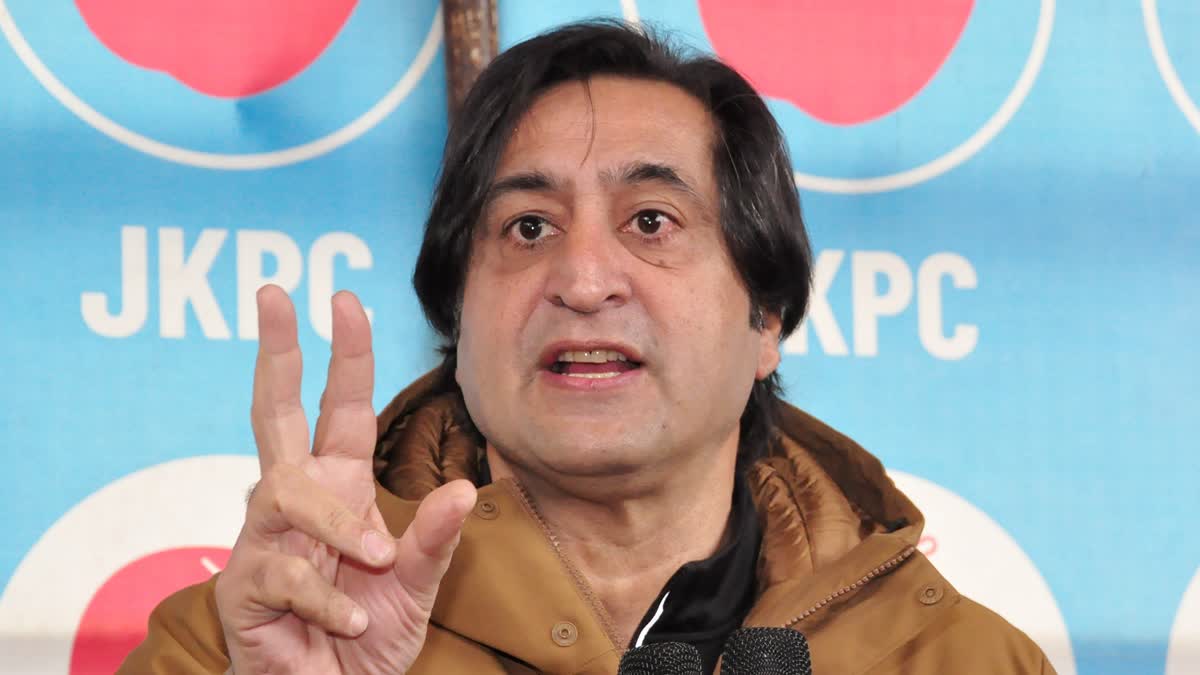Srinagar: The Jammu and Kashmir People's Conference led by Sajad Lone is readying to challenge the stringent Police verification process in Supreme Court for getting clearance for availing job opportunities and passports in Jammu and Kashmir.
This follows the landmark verdict by the top court a day ago on ‘bulldozer justice’ laying down pan-India guidelines on demolition of properties.
The party chairman Sajad Lone highlighted part of the SC verdict where it calls the demolition ‘collective punishment’ against the family.
“An adverse police verification certificate because a relative has an adverse police record is also a collective punishment against the family. Kashmir specific Stone Age justice,” he wrote on the X.
In the highlighted para, the Supreme Court calls it collective punishment against the family.
— Sajad Lone (@sajadlone) November 14, 2024
An adverse police verification certificate because a relative has an adverse police record is also a collective punishment against the family.
Kashmir specific Stone Age justice pic.twitter.com/C7U7t9wfto
The party spokesperson Adnan Ashraf confirmed to ETV Bharat that they are gathering the details and are in process to consult lawyers for approaching the Supreme Court in the next few weeks.
He said that stringent Police verification for getting nod in government jobs and passports is a ‘collective punishment’ as many are denied the clearance for involvement of their relatives in anti-state activities.
“This procedure exists nowhere in the court. An individual has to be held accountable for his/her crime but not of someone else in their family or clan. But this process has affected a large section of society in Kashmir in the last five years,” he added.
Many, according to him, have lost their jobs despite getting recruited on merit while people are being travelling documents for international travel for want clearance from the Police.
“We are not against Police verification but it needs to have scope. Only an individual should be verified, unlike the current process where my son or daughter are denied clearance for a crime committed by their father.”
Read more:



